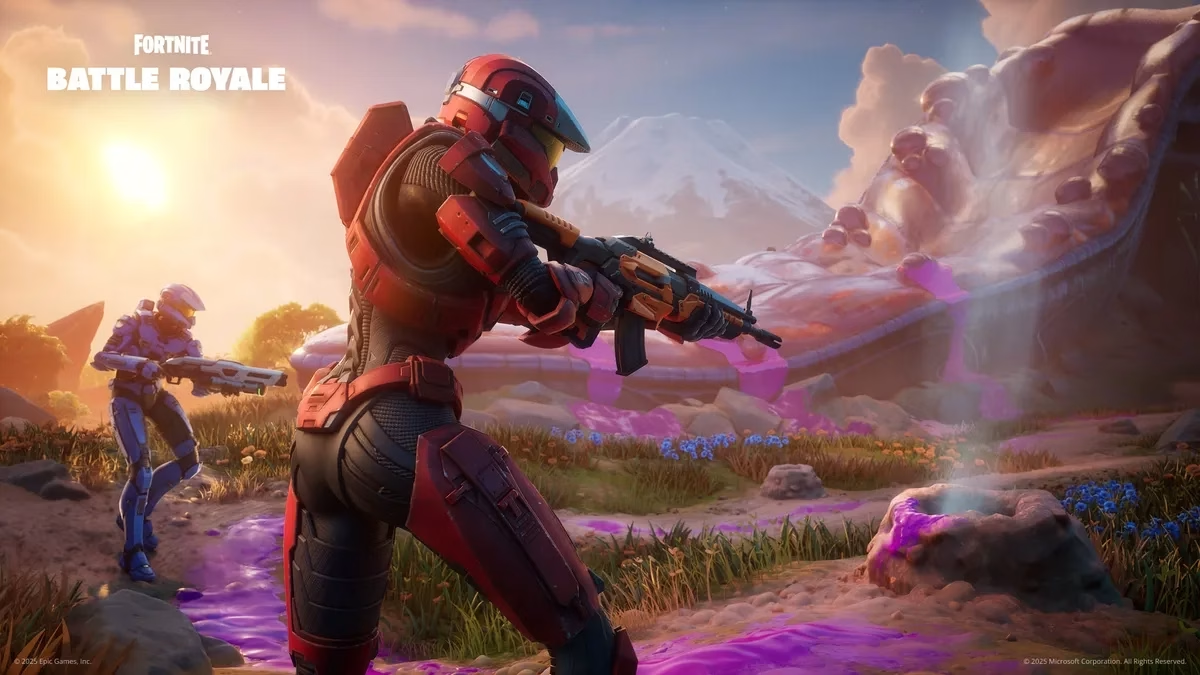Fortnite Creators Gearing Up to Sell In-Game Items and Buy Ad Space This December
Epic Games is set to dramatically reshape the Fortnite creator economy, announcing a groundbreaking feature that will allow island creators to sell their own custom in-game items directly to players. This significant expansion, slated for a December 2025 launch, promises to unlock new monetization avenues for the burgeoning community of UEFN (Unreal Editor for Fortnite) developers.
A New Era of Creator Monetization
This isn't a small tweak; it's a fundamental evolution of how creators can earn within Fortnite. For years, creators have relied primarily on engagement-based payouts from Epic, which have seen increases, notably a 20-50% boost for top creators in 2025. However, the ability to directly sell items represents a far more direct and potentially lucrative revenue stream.
Interestingly, creators will retain 100% of the V-Bucks revenue generated from their item sales until the end of 2026. This generous initial revenue share is a clear incentive for creators to dive in and start developing unique, marketable assets. After 2026, Epic is expected to take a cut, likely around 12% based on previous UEFN models, which still leaves a substantial portion for the creators themselves.
The development tools are exclusively tied to Fortnite's Verse scripting language and UEFN. This ensures a level of security and integration within the game's environment, though it also means creators must adhere strictly to Fortnite's content guidelines – no real-money gambling or IP infringement, naturally. It's a closed system, but one that's rapidly expanding its creative potential.
Advertising Tools: Boosting Visibility for Creators
But what good is a fantastic item if no one sees it? Epic is addressing this head-on by introducing advertising capabilities for creators. This means creators can now invest V-Bucks or real money to promote their items, securing visibility slots within Fortnite's discovery feeds and recommendation systems.
While exact pricing for these ad placements hasn't been detailed yet, it's anticipated to function similarly to existing ad tools, potentially costing between 5-20% of an item's price for prominent promotion. This gives creators a powerful tool to cut through the noise and ensure their creations reach the widest possible audience. Imagine a creator spending V-Bucks to make their new cosmetic skin the featured item on the island browser – it's a game-changer for discoverability.
This advertising component is particularly exciting. It mirrors real-world e-commerce strategies and allows creators to actively manage their product's market presence. It’s not just about building; it’s about marketing too. Will we see creators hiring virtual marketing managers? It's not out of the question.
What This Means for the Fortnite Ecosystem
The implications of this shift are vast. Firstly, it's a clear signal that Epic Games is doubling down on its user-generated content strategy. With over 40,000 active UEFN creators already producing thousands of islands, this new monetization layer is expected to double the creator base in 2025 alone. It's a virtuous cycle: more creators mean more diverse experiences, which in turn attracts more players, creating a larger market for creators to sell to.
This move also positions Fortnite as a serious contender in the metaverse space, offering a more integrated and potentially more rewarding creator economy than many competitors. The ability to sell persistent items, not just temporary boosts, adds a layer of permanence and value that could foster deeper player engagement and loyalty to specific creator worlds.
However, it's not all smooth sailing. There will undoubtedly be challenges. How will Epic manage quality control for a flood of new items? What will be the impact on the V-Bucks economy as more players spend their currency on creator-made goods rather than Epic's own offerings? And will the advertising system become a pay-to-win scenario for visibility, or will it remain a fair playing field? These are questions that will likely be answered in the coming months.
One thing's for sure: the creator landscape in Fortnite is about to get a whole lot more interesting. The December launch can't come soon enough for many aspiring digital entrepreneurs.
